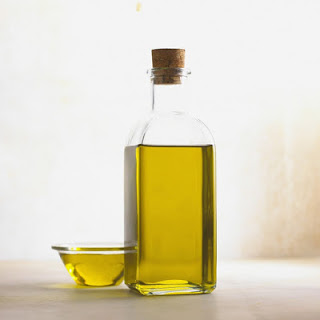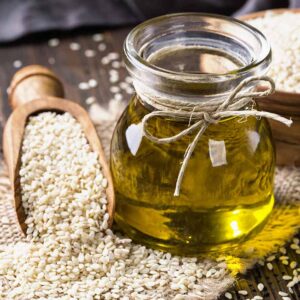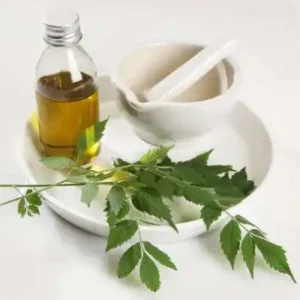Description
This smoke had no polluting effect – on the contrary, it had a pleasant musky aroma that acted as a deodorizer in addition to keeping mosquitoes and other insects away. Moreover, the smoke from mustard oil lamps helped in preventing the outbreak of disease and also kept germ-carrying pests away from the house.
Lamp oil, also known as lamp fuel or oil for oil lamps, has been used for centuries as a source of lighting before the advent of electric lights. While it may not be as commonly used today, there are still some benefits associated with lamp oil:
- Alternative Lighting Source: Lamp oil provides an alternative source of lighting, especially in situations where electricity is not available or during power outages. This can be particularly useful for emergency preparedness.
- Ambiance: The soft, warm glow produced by a lamp burning oil can create a cozy and nostalgic atmosphere. This makes it a popular choice for decorative or ambient lighting in certain settings.
- Outdoor Use: Lamp oil is often used in outdoor lanterns and torches. It can be used to light outdoor spaces such as gardens, patios, or pathways, adding a decorative and functional element to the environment.
- Long Burning Time: Lamp oil typically burns slowly, providing a longer-lasting light source compared to some other alternatives. This can be convenient in situations where a sustained light is needed for an extended period.
- Low Maintenance: Oil lamps are relatively simple and require minimal maintenance. They don’t have fragile components and can be easily refilled, making them a straightforward and reliable lighting option.
- Versatility: Lamp oil can be used in a variety of oil lamps, lanterns, and torches. Different types of lamp oils are available, offering options with varying scents and colors to suit personal preferences.








Reviews
There are no reviews yet.